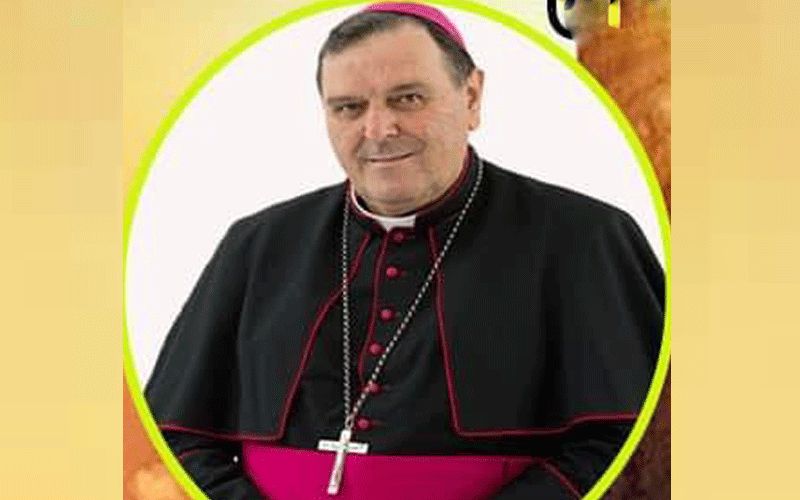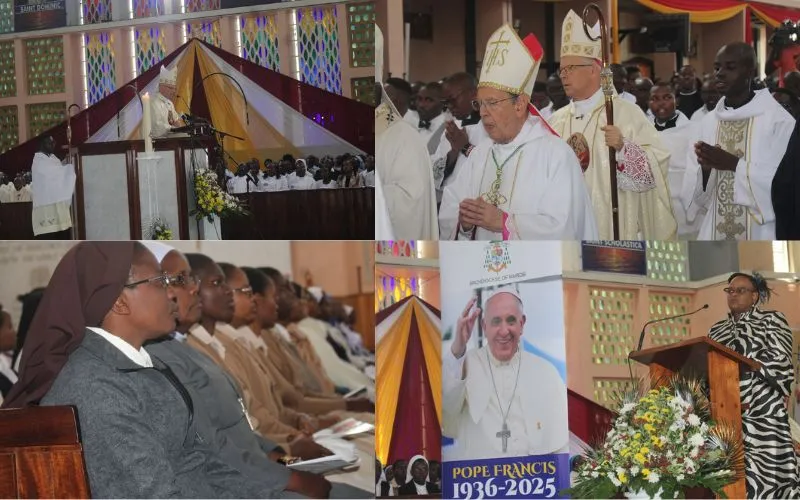Freetown, 21 August, 2020 / 7:33 pm (ACI Africa).
A Prelate in Sierra Leone has, in a reflection about COVID-19 in Africa, identified the “virus of corruption” as a major stumbling block in the fight against the pandemic on the continent.
“We must stop the great virus of corruption that is blocking Africa. Otherwise, COVID-19 may become, for some, an opportunity to obtain resources for personal benefit,” says the Apostolic Administrator of Makeni Diocese in Sierra Leone, Bishop Natale Paganelli.
In the reflection published Friday, August 21 by the Vatican newspaper L'Osservatore Romano, Bishop Paganelli notes that “there are, unfortunately, those who want Africa to remain poor and those who want corruption to continue because in this way they control the minerals.”
“It is convenient to keep the African economy poor and dependent on foreign aid, so as to be able to control its wealth,” the member of the Xaverian Missionary Fathers says and laments, “Sierra Leone is rich in minerals, but more than 70% of the population is in poverty.”
For this reason, the Prelate says, “It is necessary for Africans to be vigilant.”








